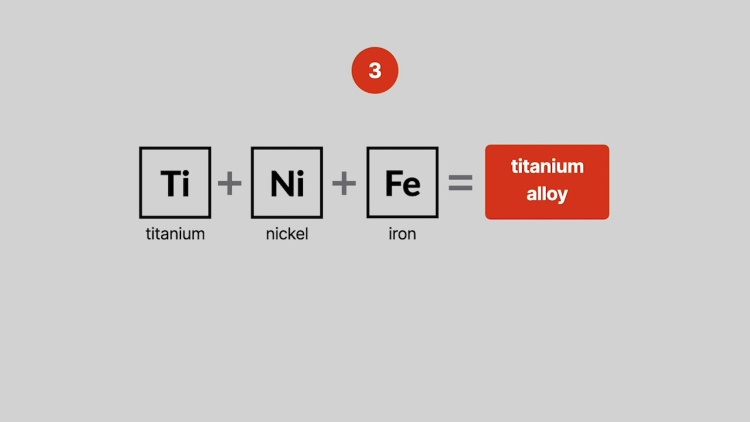Titanium Metals Corp. of America v. Banner
Court of Appeals for the Federal Circuit
778 F.2d 775, 227 USPQ 773 (1985)
- Written by Craig Conway, LLM
Facts
Titanium Metals Corp. of America (TMCA) (plaintiff) sued Banner (defendant) in his capacity as Commissioner of Patents and Trademarks. TMCA originally claimed a metal alloy, which is a blend of distinct metals, and alleged that it had certain desirable properties. The patent examiner, however, rejected two of the claims as anticipated by a Russian article and a third claim as obvious, also in light of the Russian article. The Board of Patent Appeals affirmed, but mistakenly ruled that all claims were anticipated, having not addressed obviousness. Proceeding only on anticipation, the Board argued that all of the claimed alloys were anticipated by the Russian reference, even though the Russian reference was silent on at least one claimed physical feature of the invention. The Board argued that one of skill in the art would be able to review the date plots and information on the Russian reference, would see that the claimed alloys were already known, and that the silence was irrelevant. TMCA filed suit against Banner, asking the district court to require the patent office to grant the patent application claims. After a brief bench trial, where the patent office called no witnesses, the district court found for TMCA, and the patent office appealed.
Rule of Law
Issue
Holding and Reasoning (Rich, C.J.)
What to do next…
Here's why 899,000 law students have relied on our case briefs:
- Written by law professors and practitioners, not other law students. 47,000 briefs, keyed to 994 casebooks. Top-notch customer support.
- The right amount of information, includes the facts, issues, rule of law, holding and reasoning, and any concurrences and dissents.
- Access in your classes, works on your mobile and tablet. Massive library of related video lessons and high quality multiple-choice questions.
- Easy to use, uniform format for every case brief. Written in plain English, not in legalese. Our briefs summarize and simplify; they don’t just repeat the court’s language.





